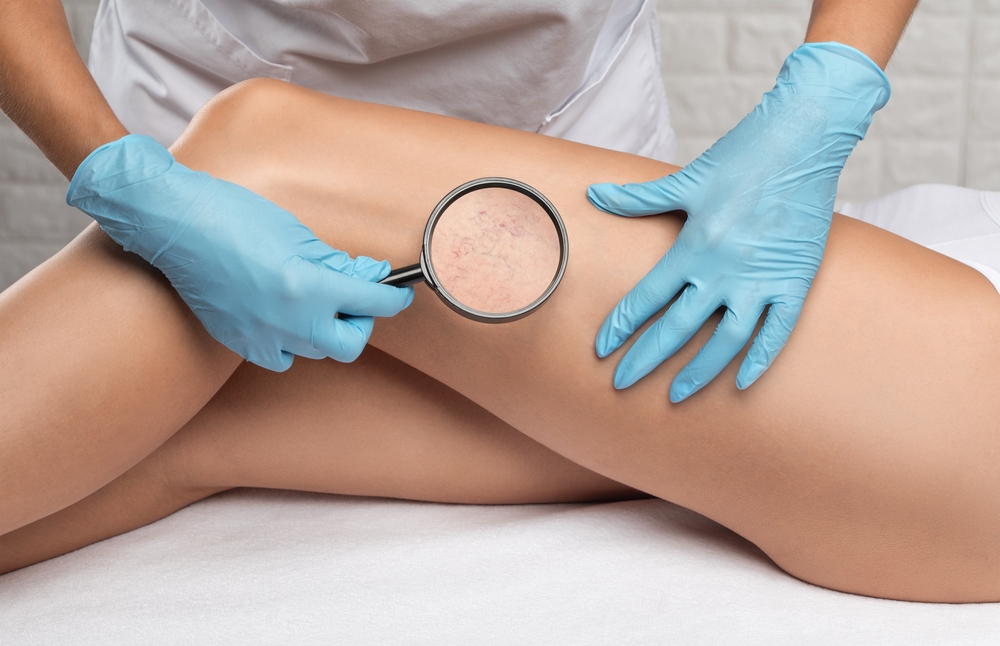Varicose veins are a common condition that many individuals experience at some point in their lives. Though often viewed as a cosmetic issue, there are times when they may signal underlying health concerns. Understanding when to seek care can help you make well-informed decisions about your health and comfort. This guide breaks down key factors and provides practical advice on when to consult a vein specialist.
Are Varicose Veins Dangerous?
Varicose veins occur when blood pools in veins close to the surface of the skin, causing them to swell, stretch, and become visible. For most individuals, they are harmless and may be treated as a cosmetic concern. People who experience aching, swelling, or discomfort often seek treatment to alleviate these symptoms.
Though generally not thought to be dangerous, varicose veins may occasionally lead to complications. Issues such as blood clots or persistent skin changes can develop if the condition is left unaddressed. Regular monitoring and attention to any new or worsening symptoms can help you evaluate whether additional action is necessary.
What Signs Shouldn’t Be Ignored?
Some symptoms might indicate that varicose veins are developing into a more significant health issue. If you notice the following, it’s worth speaking with a vein specialist:
- Pain or heaviness in the legs: A gradual increase in leg discomfort, especially after standing, could point to circulation issues tied to varicose veins.
- Skin discoloration or changes: Signs like darkened patches, redness, or itchiness around affected areas can indicate poor blood flow or skin irritation.
- Swelling in one leg: While mild swelling can occur with varicose veins, uneven or persistent swelling warrants attention for potential clotting issues.
- Open sores or ulcers: Skin breakdown or ulcers near the veins are signs of advanced complications that need medical evaluation.
Paying attention to these signs allows you to detect potential issues early and take steps to address them effectively.
Is Treatment Always Necessary?
Not everyone with varicose veins requires medical treatment. In many cases, simple lifestyle adjustments can help prevent the condition from worsening and manage symptoms effectively without intervention.
Here are some common strategies to manage varicose veins:
- Wear compression stockings: These improve blood flow by applying gentle pressure to your legs, which helps reduce swelling and discomfort.
- Maintain a healthy weight: Excess weight puts additional pressure on your veins, so staying within a healthy range can alleviate strain.
- Elevate your legs: Raising your legs above heart level for short periods throughout the day can relieve swelling and improve circulation.
- Stay active: Regular exercise, such as walking, promotes healthy blood flow and strengthens the muscles that support your veins.
For those requiring further intervention, various treatment options are available. These include minimally invasive procedures like laser therapy and more advanced treatments provided by vein specialists. If lifestyle changes fail to resolve symptoms or complications arise, consulting a medical professional becomes necessary.
Consult a Vein Specialist
If you’re unsure whether your varicose veins require medical attention, consulting a vein specialist can provide valuable clarity. These experts can evaluate your condition, discuss potential risks, and recommend personalized treatment strategies. A consultation doesn’t necessarily mean immediate treatment is required, but it offers reassurance and helps you plan the right approach. Addressing varicose veins early can minimize discomfort, prevent complications, and support your overall health.

